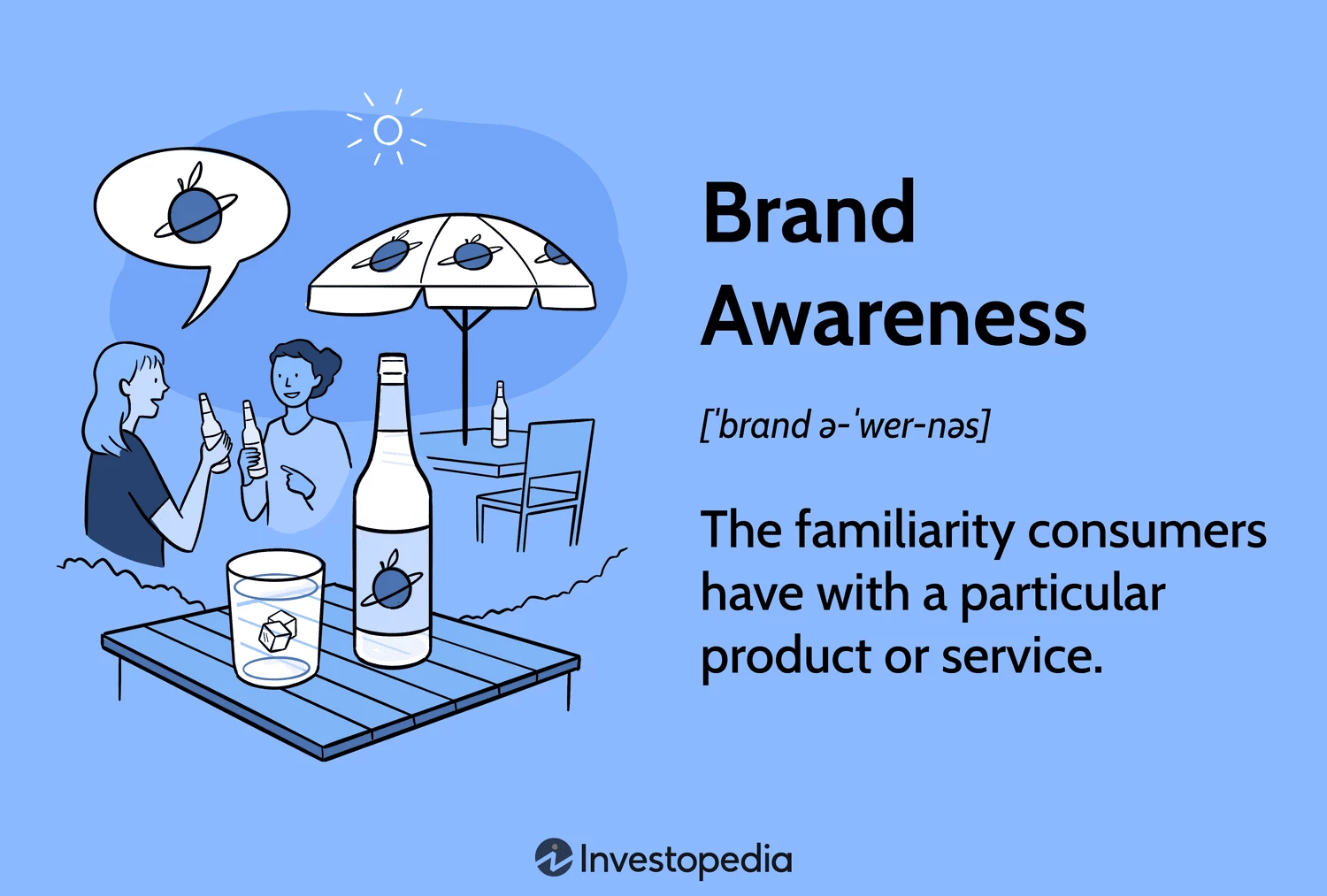The Definition of Brand Awareness
Brand awareness is a fundamental marketing concept that pertains to the extent to which consumers recognize a specific product based on its name. Ideally, consumers’ brand awareness encompasses positive perceptions of the distinct qualities that set the product apart from its competitors.
Establishing brand awareness is a critical initial phase for introducing a new product or reinvigorating an existing brand.
Key Points to Note
- Brand awareness denotes consumers’ familiarity with a particular product or service.
- A brand awareness campaign aims to acquaint the public with a new or revamped product while highlighting its differentiation from competitors.
- Social media has emerged as a pivotal tool in brand awareness marketing strategies.
Understanding the Mechanics of Brand Awareness
Products and services that uphold a robust level of brand awareness tend to drive increased sales. When faced with options, consumers are more inclined to choose a name-brand product over an unfamiliar one.
Take the soft drink industry, where many beverages are indistinguishable without their packaging. Industry leaders like Coca-Cola and Pepsi leverage brand awareness to become the preferred choice for consumers. Through strategic advertising and marketing endeavors, these companies have bolstered brand recognition, resulting in amplified sales figures over time.
Elevated brand awareness for dominant brands in a sector can function as an economic advantage, hindering competitors from encroaching on market share.
Special Insights on Brand Awareness
As of 2019, internet users allocate approximately 38 minutes daily on Facebook, 26 minutes on Snapchat, and 27 minutes on Instagram.
Notably, companies are now investing significant resources into enhancing brand awareness on these platforms. This trend has given rise to novel promotional approaches where consumers themselves spark discussions about preferred products and services. Targeted advertising on Facebook and Instagram plays a pivotal role in brand awareness endeavors, particularly among Millennial and Gen Z demographics.
Inevitably, consumers also share unfavorable experiences, prompting marketers to adapt swiftly. Responding promptly to negative feedback and offering resolutions in real-time have become crucial for companies.
Active engagement with social media content boosts brand awareness. To maximize its efficacy, consumers should seamlessly transition from social media platforms to the company’s website.
Alternative Strategies to Boost Brand Awareness
While print media’s influence has waned, there are still newspaper and magazine readers. Strategically placed advertisements, such as in targeted sections of a newspaper or niche publications, can capture viewers’ attention and enhance brand awareness.
For instance, a new forex trading company may advertise in a magazine focusing on global trade and currencies to establish brand awareness within the investor community.
In-store advertising is another effective method to cultivate brand awareness, especially for impulse purchase products. A company launching a new confectionery item may distribute it at the point of sale to raise brand awareness.
Event sponsorships offer a powerful strategy for boosting brand awareness. By sponsoring charitable or sporting events, companies can achieve high visibility for their name and logo.
For instance, a health insurance firm might provide branded health packs at a charity marathon, linking the brand to goodwill and community support. This initiative not only heightens brand awareness but also enhances brand reputation.
